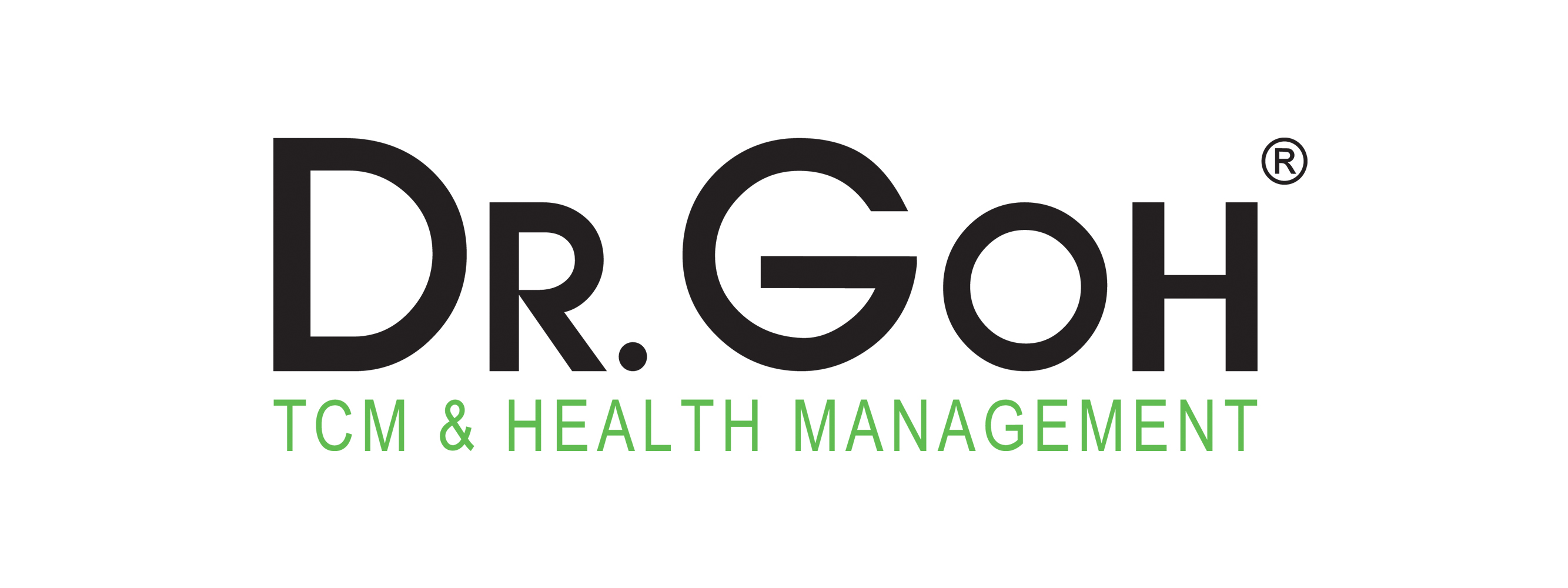How to Enhance Your Spiritual and Mental Well-being with TCM
In today's fast-paced world, you might notice how stress and anxiety make you feel. It can be draining. Without proper treatment or guidance, it can cause your health to deteriorate. As such, your pursuit of holistic well-being has become more vital than ever.
While you can consult a professional healthcare provider, Traditional Chinese Medicine (TCM) can help you find solace and balance. After all, TCM offers a holistic approach to health that targets the physical body, spirit, and mind.
In this article, we explore how TCM can enhance your spiritual and mental well-being. Let’s discover the ancient secrets and modern practices that can help you achieve a harmonious balance in your life, fostering inner peace and vitality like never before.
Understanding TCM Principles
To enhance your spiritual and mental well-being with TCM, it’s crucial to grasp the fundamental principles that underpin this ancient holistic approach. Here’s a detailed explanation of these essential TCM principles:
-
Balance and Harmony – TCM revolves around balance and harmony within the body and between the individual and their environment. When these elements are in equilibrium, health and well-being thrive.
-
Qi (Chi) and Vital Energy – Qi flows through the body along meridians or energy pathways. The body and mind are healthy when Qi is balanced and flowing smoothly. Imbalances or blockages in Qi can lead to physical and emotional issues.
-
Yin and Yang – TCM sees the universe as a balance between opposing forces, known as Yin and Yang. Your health is thought to result from the dynamic balance between these two forces.
-
Five Elements – TCM categorises the natural world and the human body into five elements: Wood, Fire, Earth, Metal, and Water. These elements are associated with specific organs, emotions, and seasons.
-
Holistic Diagnosis – TCM practitioners use several techniques to assess an individual's overall health, including pulse diagnosis, tongue examination, and patient history.
-
Acupuncture and Acupressure – These techniques involve stimulating specific points along meridians to regulate the flow of Qi and address physical and mental imbalances. They can help reduce stress and anxiety, promoting mental clarity.
-
Herbal Medicine – TCM often incorporates herbs and natural substances to restore balance and promote healing. Herbal remedies are tailored to an individual’s specific needs based on TCM diagnosis.
-
Diet and Lifestyle – TCM emphasises the connection between diet, lifestyle, and well-being. Adjusting one’s diet and daily routines in accordance with TCM principles can help maintain balance and prevent imbalances.
TCM Practices for Spiritual Well-being
Now that you've learned about the principles of TCM let's explore how TCM practices like acupuncture and acupressure, as well as Qi Gong and Tai Chi, can help improve your spiritual well-being:
Acupuncture and Acupressure
Acupuncture and acupressure are techniques designed to unblock and balance your vital energy, promoting spiritual harmony. Be it acupuncture or acupressure, these practices can release energetic blockages that may hinder your spiritual growth and mental clarity.
Additionally, regular acupuncture or acupressure sessions can heighten your awareness of subtle energy shifts within your body, helping you connect with your inner self on a deeper level. These therapies can also help to clear the mind, allowing for greater focus.
Qi Gong and Tai Chi
Qi Gong and Tai Chi are ancient Chinese exercises that emphasise the cultivation and circulation of Qi, promoting spiritual vitality and mental clarity. These practices combine gentle, flowing movements with mindful breathing, fostering a mind-body connection.
Regular practice of Qi Gong and Tai Chi has been shown to reduce stress and anxiety, making it easier to achieve a calm state of mind, ultimately leading to greater inner peace and spiritual growth.
TCM Strategies for Mental Health
In TCM, mental health is an integral part of your overall well-being. Meditation and mindfulness practices have long been championed as essential tools for achieving and maintaining mental balance. Here’s how the two strategies help:
Meditation
TCM often involves techniques like Qi Gong and Zhineng Qi Gong, which combine controlled breathing, gentle movements, and visualisation to calm the mind and enhance the flow of Qi.
These practices are designed to unblock energy pathways, remove stagnant Qi, and promote a sense of inner tranquillity. By consistently engaging in meditation, you can reduce stress, anxiety, and depressive symptoms, fostering a more stable and resilient mental state.
Mindfulness
On the other hand, mindfulness is about being fully present in the moment, without judgement. TCM encourages mindfulness to reconnect with your inner self and the external environment.
It involves paying focused attention to sensations, thoughts, and emotions and acknowledging them without attachment. This helps individuals better understand their mental processes, identify sources of stress, and gradually release negative thought patterns.
Whether through formal meditation sessions or simply incorporating mindfulness into daily life, these TCM strategies offer practical ways to nurture mental health, enhance emotional resilience, and promote overall well-being.
Finding a TCM Treatment near you
In conclusion, TCM teaches that when the mind is clear and relaxed, the body can achieve better balance, and ailments related to mental stress can be alleviated. If you’re looking for a TCM treatment near you, consider Doux Visage, founded by Dr Jenny Goh.
As the first female in Malaysia to acquire a dual PhD in Traditional Chinese Medicine,
Dr. Goh specialises in acupuncture and Oriental medicine. Learn how you can enhance your mind and soul with our TCM health management today! Reach out to us at +603 7728 6113, +6012 622 4868 or get in touch with us.



